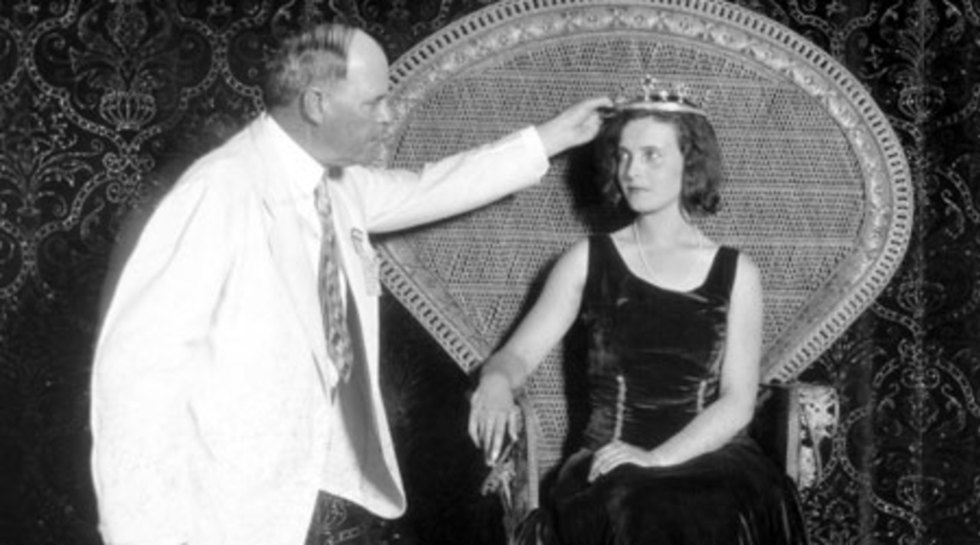
U.S. Premiere
Miss Universe 1929
| Austria | 70 MINUTES | EnglishDocumentary
The master of turning old amateur films into works of art, Péter Forgács returns to the Tribeca Film Festival after winning its 2005 Best Documentary Award for El Perro Negro. In his new film, faded home movies of the Viennese Miss Universe 1929 reveal a grand, truly larger-than-life love story that spans Austria, Hungary and America, as well as the elegant '20s, the Holocaust and the Communist era. "Never a woman so beautiful has walked this earth," states Marci Tenczer of his love Lisl Goldarbeiter. Cousins on either side of the fading Austro-Hungarian empire-he in Szeged, Hungary; she in Vienna- they grew up linked by family and by the moving image, with Marci on one side of the camera and Lisl on the other. The beautiful Lisl became Miss Universe in 1929, traveling from Vienna to Texas and back again. Marci remained in Hungary, watching as anti-Semitism began to swell and as Europe began to fall apart, filming all the while. Their lives intertwine through the years, during World War II and finally in Hungary's Iron Curtain decades. Forgács excavates these memories from the tarnished images of Marci's home movies, shot between the 1900's and the 1980's. Within these stained, marked pictures lie a history of 20th-century Hungary, a document of Jewish life before and during the Nazi era, and, most unforgettably, the story of a love between two individuals. "These film diaries tell us something about what we can no longer touch or feel," writes Forgács, "and also show us the other side of the official history"-one where beauty, memory and love unite.
Cast & Credits
Directed by
Péter Forgács
PÉTER FORGÁCS was born in 1950 and studied at the Academy of Fine Arts in Budapest. His work as an independent film and video artist started at the Béla Balázs Film Studio in 1978, where he created his first 16mm film, Children Movie, and his first video I See That I Look. Apart from his work as a video artist, in the late 1980's Forgács started using old amateur films to create documentaries that drew an intriguing portrait of the "other side" of official history. These documentaries include: The Bartos Family (1988), Dusi and Jenö (1998), Maraï Herbal (1991), Free Fall (1996), The Maelstrom (1997), The Danube Exodus (1998), Angelos' Film (1999), A Bibó Reader (2001) and The Bishop's Garden (2002), which were broadcast in many countries, shown at all major International Film and Television Festivals and won many awards.
* Rush Tickets will be offered at venues when advanced tickets for a screening or event are no longer available (EXCLUDES: Beacon Theatre and United Palace).
The Rush system functions as a standby line that will form at the venue approximately one hour prior to scheduled start time. Admittance is based on availability and will begin roughly 10 minutes prior to program start time. Rush Tickets are the same price as advance tickets and are payable upon entry.